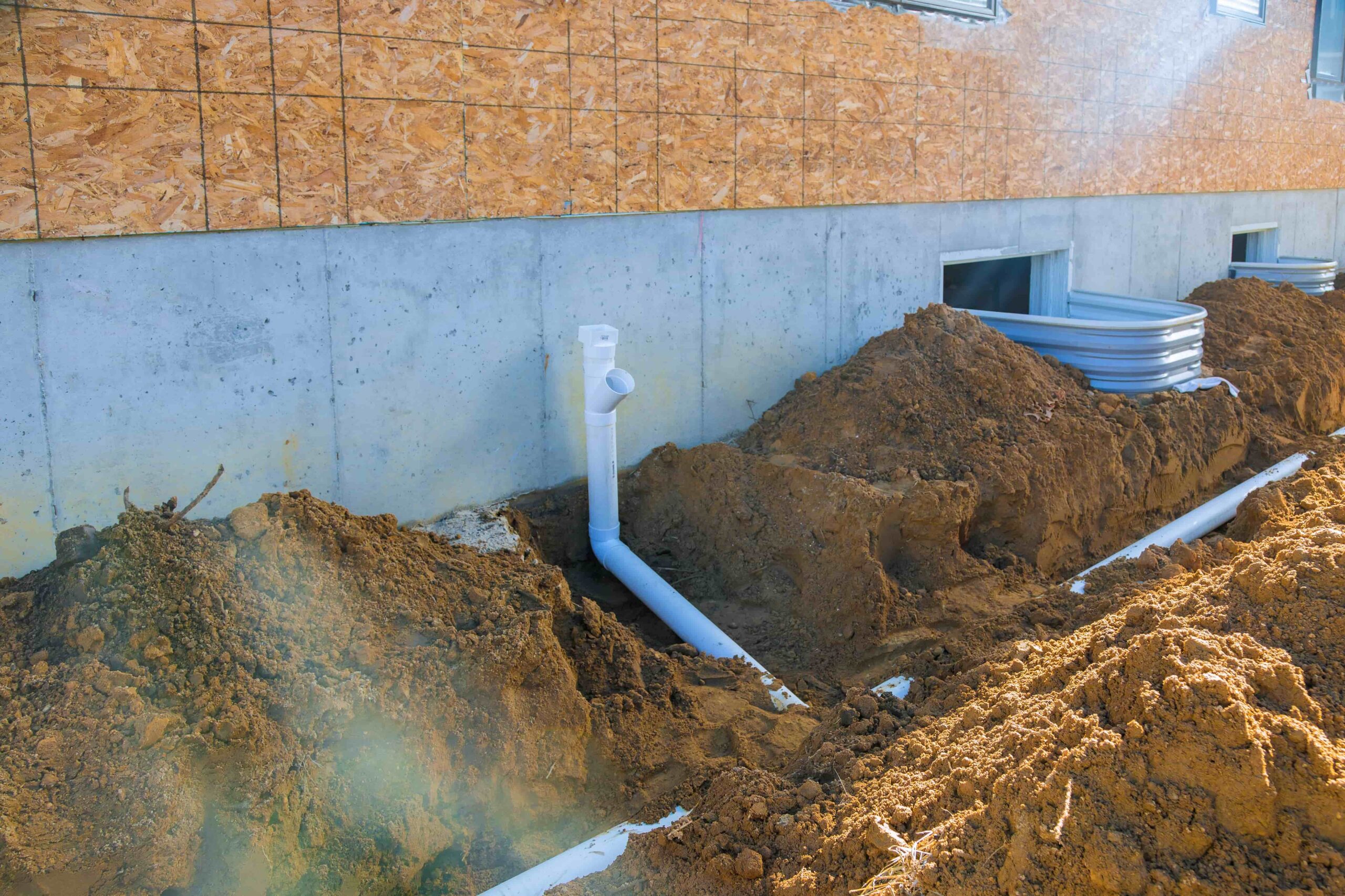
In construction estimating, the term general conditions refer to the indirect costs required to manage and support a construction project. These are the expenses that don’t directly tie to specific construction tasks but are critical to project execution. From site supervision to temporary facilities, general conditions ensure the job runs smoothly and safely.
At True Bid Data, we help contractors and estimators structure their general conditions costs using data-backed methods, customizable templates, and region-specific pricing. Estimating these items correctly is essential to maintaining profit margins and avoiding unpleasant surprises during project delivery.
What Are General Conditions in Construction?
General conditions are the costs associated with the day-to-day management and operation of a construction site. Unlike direct costs (materials, labor, equipment tied to specific tasks), general conditions cover project-wide support expenses.
Typical general conditions items include:
- Project management and site supervision salaries
- Temporary facilities (trailers, restrooms, storage)
- Jobsite utilities (water, power, internet)
- Site safety measures and compliance costs
- Cleanup and waste management
- Mobilization and demobilization
- Small tools, consumables, and equipment rentals
- Insurance, permits, and bonds
- Temporary fencing, signage, and traffic control
These are ongoing costs that often extend across the entire project duration.
General Conditions vs. Preliminaries: What’s the Difference?
LWhile the terms general conditions and preliminaries (prelims) are sometimes used interchangeably, there’s a subtle difference:
- Preliminaries often refer to upfront, setup-related costs (site establishment, permits).
- General conditions encompass ongoing project management and support costs throughout construction.
Both are indirect costs, but general conditions are typically time-related and need to be tracked per project month or phase.
Why General Conditions Must Be Estimated Carefully
General conditions often represent 10–15% of a project’s total cost. Underestimating them can erode profit margins quickly, while overestimating can make a bid uncompetitive. Key reasons to focus on accurate general conditions estimating include:
- Ensuring sufficient overhead recovery
- Aligning field operations with budget expectations
- Providing clients with transparent cost breakdowns
- Supporting project cash flow and resource planning
With True Bid Data, estimators can create structured general conditions estimates tailored to the project size, duration, and complexity.
How to Estimate General Conditions Accurately
Estimating general conditions involves both fixed costs and time-dependent costs. Here’s how to approach it
- Identify Fixed Costs: These are one-time expenses like permits, initial site setup, and insurance.
- Calculate Time-Based Costs: Items like site supervision, utility consumption, trailer rentals, and equipment depreciation must be projected over the expected project duration.
- Adjust for Project-Specific Factors: Consider location, project scale, access constraints, labor agreements, and client compliance requirements.
- Apply Real-Time Data: Use region-specific pricing for rentals, labor rates, and consumables to ensure accuracy.
True Bid Data simplifies this process with templates that automatically categorize fixed and time-based general conditions, helping estimators apply accurate rates without starting from scratch.
General Conditions in Lump Sum vs. Unit Price Contracts
In lump sum contracts, general conditions are typically included as a percentage or lump sum figure within the total bid. In unit price contracts, they might be allocated to a “general requirements” pay item or spread proportionally across work items.
Regardless of contract type, general conditions must be documented clearly to avoid disputes over what’s covered. True Bid Data helps estimators structure their general conditions estimate in formats suited for both contract types, ensuring clarity during bid submissions and negotiations.
Common Mistakes in General Conditions Estimating
Estimators often underestimate general conditions due to:
- Overlooking time extensions that increase supervision and rentals
- Applying generic percentages instead of project-specific calculations
- Failing to update small tools, fuel, and consumables pricing
- Missing hidden compliance costs (e.g., environmental controls, safety audits)
- Ignoring inflation impacts for long-duration projects
By using structured estimating workflows and live cost data from True Bid Data, these pitfalls can be avoided, leading to more accurate and defensible bids.
General Conditions as a Tool for Project Control
Accurately estimating general conditions doesn’t just improve bidding—it also helps project teams manage resources during construction. By providing clear cost allowances for supervision, temporary facilities, and consumables, project managers can track usage, forecast cash flow, and spot potential overruns early.
Moreover, comparing actual general conditions costs against estimates post-project provides valuable data to refine future bids and improve company-wide estimating accuracy.
Master General Conditions Estimating with True Bid Data
If you want to ensure your general conditions are accurately accounted for—without relying on guesswork True Bid Data is your go-to solution. Our platform gives you the structured templates, regional cost data, and export-ready formats you need to build estimates that are both competitive and complete.
Visit True Bid Data to streamline your estimating process, from general conditions to final bid submissions build smarter, bid faster, and protect your margins.




